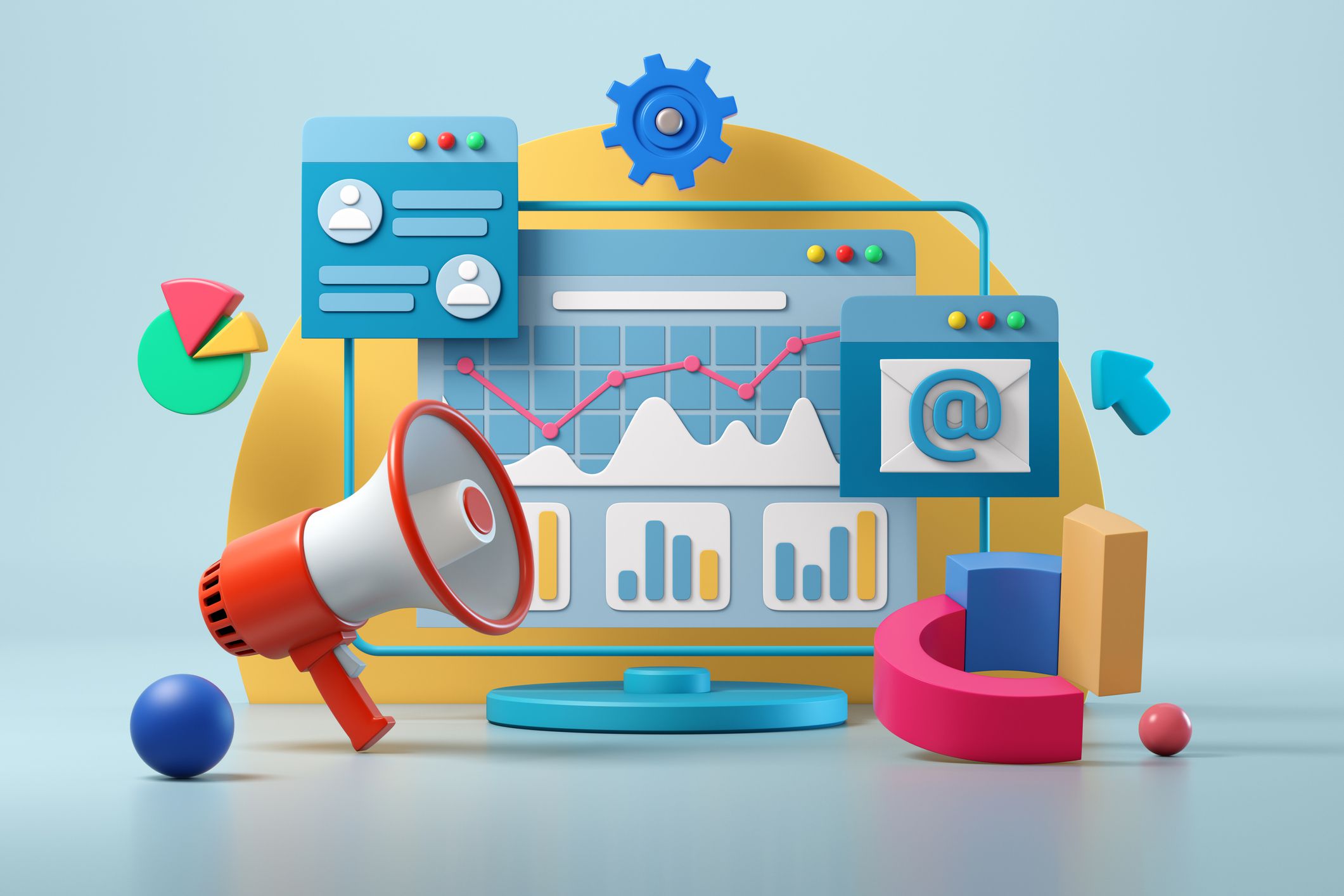In the ever-evolving world of digital marketing, choosing the right platforms can significantly impact the success of a B2B business. Unlike B2C marketing, which focuses on individual consumers, B2B marketing targets other businesses, requiring a different approach and strategy. In this blog, we’ll explore the most effective digital marketing platforms that B2B businesses should consider to enhance their reach, engagement, and conversions.
Understanding B2B Digital Marketing
B2B digital marketing involves promoting products or services to other businesses through online channels. The primary goals are to build relationships, generate leads, and drive sales. Given the complexity and higher value of B2B transactions, choosing the right digital marketing platforms is crucial for achieving these objectives.
Key Digital Marketing Platforms for B2B Businesses
LinkedIn is the go-to platform for B2B marketing. It is a professional networking site where businesses can connect with potential clients, partners, and industry experts. LinkedIn offers various tools for B2B marketers, including:
- LinkedIn Ads: Targeted advertising options that allow businesses to reach specific industries, job titles, and companies.
- Sponsored Content: Promoted posts that appear in the newsfeeds of your target audience.
- InMail: Direct messaging to potential leads with personalised messages.
Twitter is a powerful platform for B2B marketing, especially for sharing industry news, updates, and engaging with thought leaders. Key features include:
- Promoted Tweets: Paid tweets that reach a broader audience.
- Twitter Chats: Live discussions on relevant topics, allowing businesses to showcase their expertise.
- Hashtags: Using industry-specific hashtags to increase visibility and engagement.
While Facebook is primarily seen as a B2C platform, it also offers valuable opportunities for B2B marketing. Facebook’s extensive user base and advanced targeting options make it a useful tool for B2B businesses. Key features include:
- Facebook Ads: Targeting options based on demographics, interests, and behaviours.
- Business Pages: Creating a professional presence to share updates, content, and engage with followers.
- Groups: Joining or creating groups related to your industry for networking and discussions.
Google Ads
Google Ads is a highly effective platform for B2B businesses looking to capture leads and drive traffic. Its features include:
- Search Ads: Targeting keywords relevant to your business, ensuring your ads appear when potential clients search for those terms.
- Display Ads: Visual ads that appear on websites within Google’s network, increasing brand visibility.
- Remarketing: Targeting users who have previously visited your website, keeping your brand top-of-mind.
YouTube
Video content is becoming increasingly important in B2B marketing. YouTube, being the second-largest search engine, offers great potential for reaching a professional audience. Key strategies include:
- Educational Videos: Creating content that addresses common industry challenges and provides solutions.
- Webinars and Live Streams: Hosting live events to engage with your audience in real-time.
- YouTube Ads: Promoting your videos to a targeted audience based on their viewing habits and interests.
Email Marketing Platforms
Email remains a cornerstone of B2B marketing, providing a direct line of communication with potential and existing clients. Key platforms include:
- Mailchimp: Known for its user-friendly interface and robust analytics.
- HubSpot: Offers comprehensive marketing automation features, including email marketing.
- Marketo: Advanced platform with powerful segmentation and personalisation options.
Content Marketing Platforms
Creating and distributing valuable content is crucial for B2B marketing. Key platforms include:
- WordPress: A versatile content management system (CMS) for creating and managing blogs and websites.
- Medium: A blogging platform where businesses can publish articles and reach a wider audience.
- SlideShare: A platform for sharing presentations and infographics, ideal for showcasing expertise and thought leadership.
The Benefits of Using These Platforms
- Enhanced Reach: Digital marketing platforms allow B2B businesses to reach a global audience, breaking geographical barriers.
- Targeted Marketing: Advanced targeting options ensure that marketing efforts are focused on the most relevant audience, increasing the likelihood of conversions.
- Cost-Effective: Many digital marketing platforms offer flexible budgeting options, making it possible to achieve significant results with a smaller budget.
- Measurable Results: Analytics and reporting tools provide insights into campaign performance, enabling data-driven decision-making.
- Improved Engagement: Interactive features such as live chats, webinars, and direct messaging facilitate meaningful interactions with potential clients.
Conclusion
In the competitive landscape of B2B marketing, choosing the right digital marketing platforms is essential for success. LinkedIn, Twitter, Facebook, Google Ads, YouTube, email marketing platforms, and content marketing platforms each offer unique benefits and features that can help B2B businesses reach their goals. By leveraging these platforms effectively, B2B businesses can enhance their reach, engage with their audience, and drive significant growth.
As the digital marketing landscape continues to evolve, staying informed about the latest trends and best practices will be crucial for maintaining a competitive edge. Embrace the power of digital marketing platforms to propel your B2B business forward in today’s dynamic marketplace.



